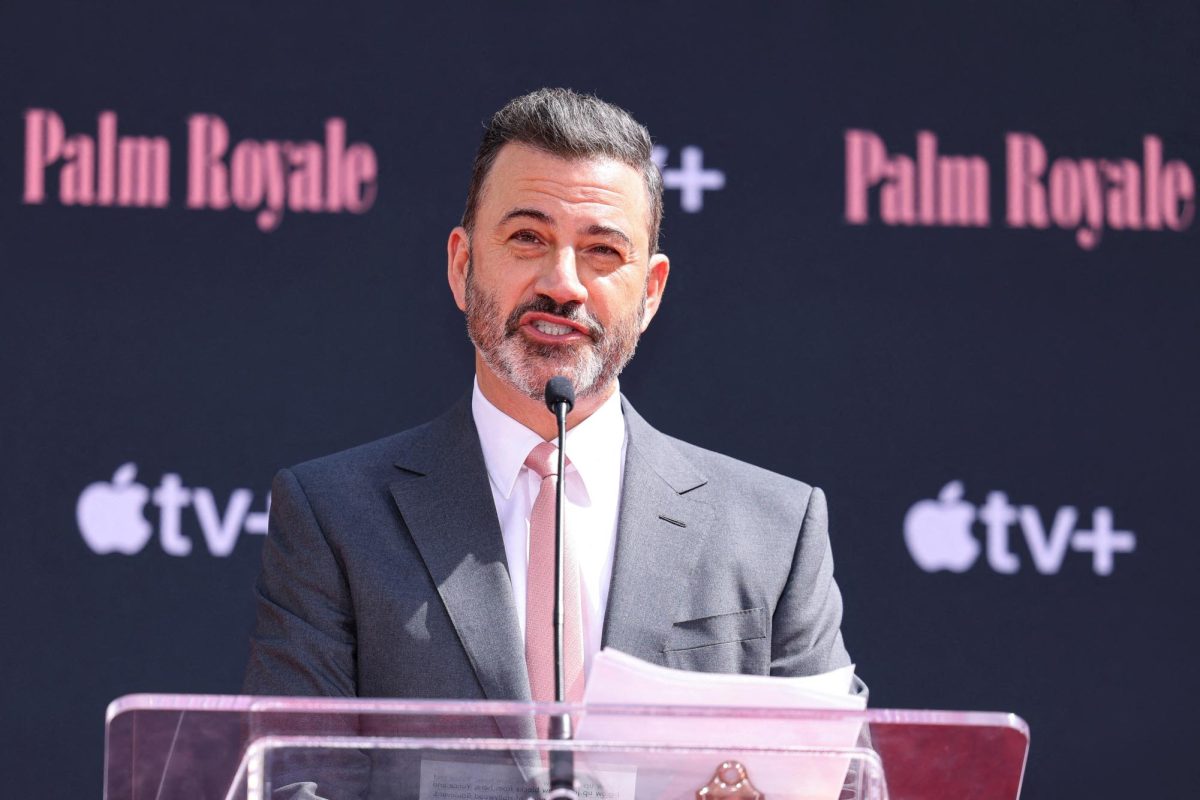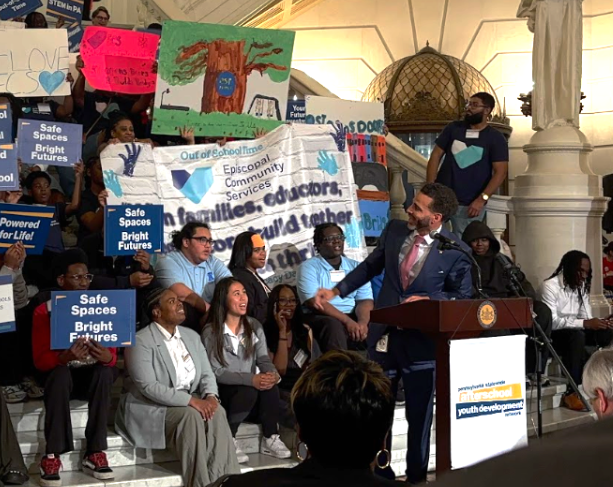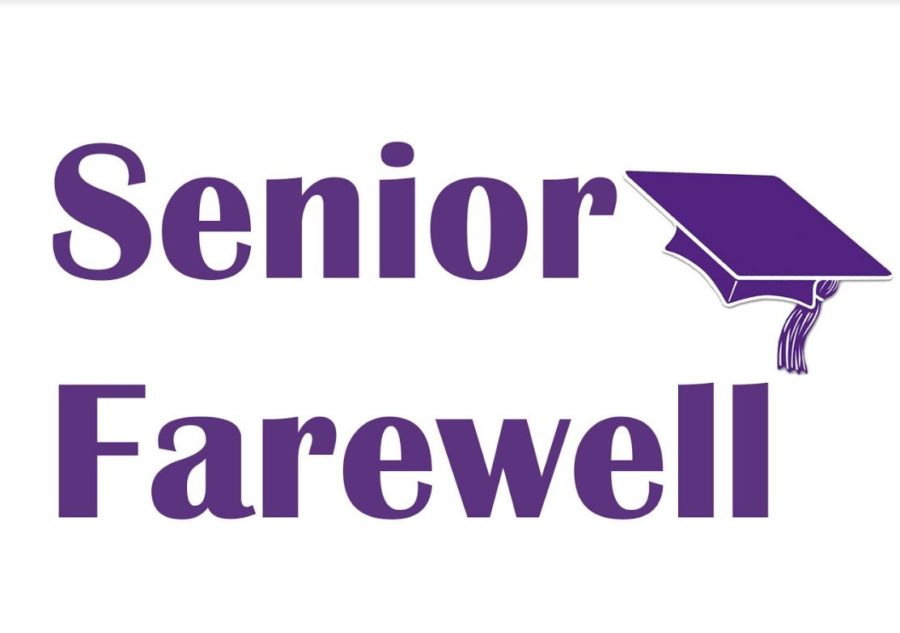Comments made by comedian and late night TV personality Jimmy Kimmel following the murder of conservative commentator Charlie Kirk have led to arguments about free speech and hate speech.
“We hit some new lows over the weekend with the MAGA gang desperately trying to characterize this kid who murdered Charlie Kirk as anything other than one of them, and doing everything they can to score political points from it,” Kimmel said Monday, according to the New York TImes.
Because of those comments, ABC has indefinitely pulled “Jimmy Kimmel Live” after 22 years of being on the air.
The internet has been filled with debate on this topic, focusing on the line between hate speech and the First Amendment right of free speech.
“The right to express any opinions without censorship or restraint.” That is how the Oxford dictionary defines freedom of speech.
“Abusive or threatening speech or writing that expresses prejudice on the basis of ethnicity, religion, sexual orientation, or similar grounds,” is how Oxford defines hate speech.
Social media posts have been riddled with comments all across the political spectrum. Some people have celebrated the assassination because of Kirk’s political views. This completely pushes past the line of freedom of speech into hate speech.
Anyone can express their opinion, but how can anyone say that celebrating the death of a husband and father is fine and not hateful?
On the other hand, some people online have said things like this anonymous Facebook poster: “I did not agree with all of the viewpoints of Charlie Kirk, but this is not something to be happy about. A man was killed, who was a husband and a new father, leaving young children behind.”
Looking at the definitions of hate speech and freedom of speech, this an ideal statement of freedom of speech. The commenter stated their opinion but did not say anything abusive or threatening.
However, some people have been saying that this would still be hate speech because the commenter did not agree with Kirk’s beliefs. This is not hate speech because the poster said nothing hateful, abusive or threatening.
Celebrating the death of a man is hateful by definition, but people can express their opinions without being hateful.
Kimmel made a statement that could be seen as hate speech, along with other comments throughout the show. The executives at ABC saw this as controversial and did not want the bad press delivered towards their show. At the end of the day, all words and statements have consequences, and Kimmel received a consequence for saying something questionable on the show.
The line can be tricky, but ultimately, no one should celebrate an assassination, no matter the beliefs or stances of a person.













